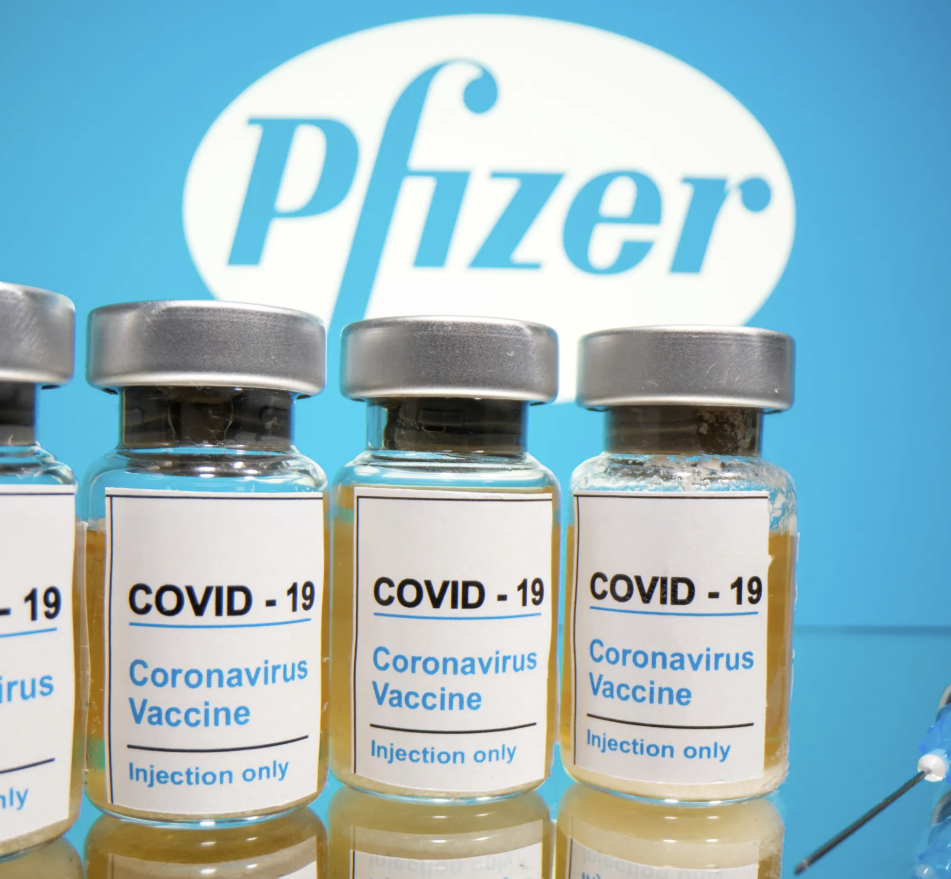Disgraced Researcher Dr. Scott Reuben to Plead Guilty in Research Fraud Scandal
March 13, 2025
In a shocking turn of events, Dr. Scott Reuben, a once-respected physician and former member of Pfizer’s speakers’ bureau, has agreed to plead guilty to fabricating dozens of research studies that were published in prestigious medical journals. The admission has sent ripples through the scientific and medical communities, raising serious questions about the integrity of peer-reviewed research and the influence of pharmaceutical giants like Pfizer.
Dr. Reuben, an anesthesiologist by training, gained prominence for his work on pain management and postoperative care. Over the years, his studies were widely cited and helped shape clinical practices, particularly in the use of certain pain medications. However, it has now come to light that much of his research was built on a foundation of lies. Prosecutors allege that Reuben falsified data, invented patient records, and even concocted entire studies—some of which influenced the prescribing habits of doctors and the approval of drugs tied to Pfizer, a leading pharmaceutical company.
The scandal first unraveled when colleagues and journal editors began noticing inconsistencies in Reuben’s work. A subsequent investigation revealed that he had fabricated results in at least 21 studies published between 1996 and 2008. Many of these studies promoted the use of Pfizer drugs, such as Celebrex and Lyrica, casting a shadow over the company’s relationship with the researcher. As a member of Pfizer’s speakers’ bureau, Reuben was paid to promote the company’s products to other healthcare professionals, a role that now appears to have blurred the lines between science and corporate interests.
Reuben’s guilty plea marks a dramatic fall from grace for a man once hailed as a pioneer in his field. In a statement to the court, he expressed remorse for his actions, though he offered little explanation for what drove him to deceive the scientific community for over a decade. Legal experts suggest that financial incentives, pressure to publish, and his ties to Pfizer may have played a role in his misconduct.
The fallout from this case is likely to be far-reaching. Medical journals have already begun retracting Reuben’s fraudulent papers, and researchers are scrambling to reassess clinical guidelines that may have been influenced by his work. For Pfizer, the scandal adds to a growing list of controversies surrounding its marketing practices and raises questions about the oversight of industry-funded research.
“This is a wake-up call for the entire scientific community,” said Dr. Emily Harper, a medical ethicist at Johns Hopkins University. “We need stronger safeguards to ensure that research is conducted with integrity, especially when corporate interests are involved.”
As the case moves forward, Reuben faces potential penalties including jail time and substantial fines. Meanwhile, the medical world is left grappling with the consequences of his deception—and a renewed push for transparency in the research that shapes modern healthcare.
